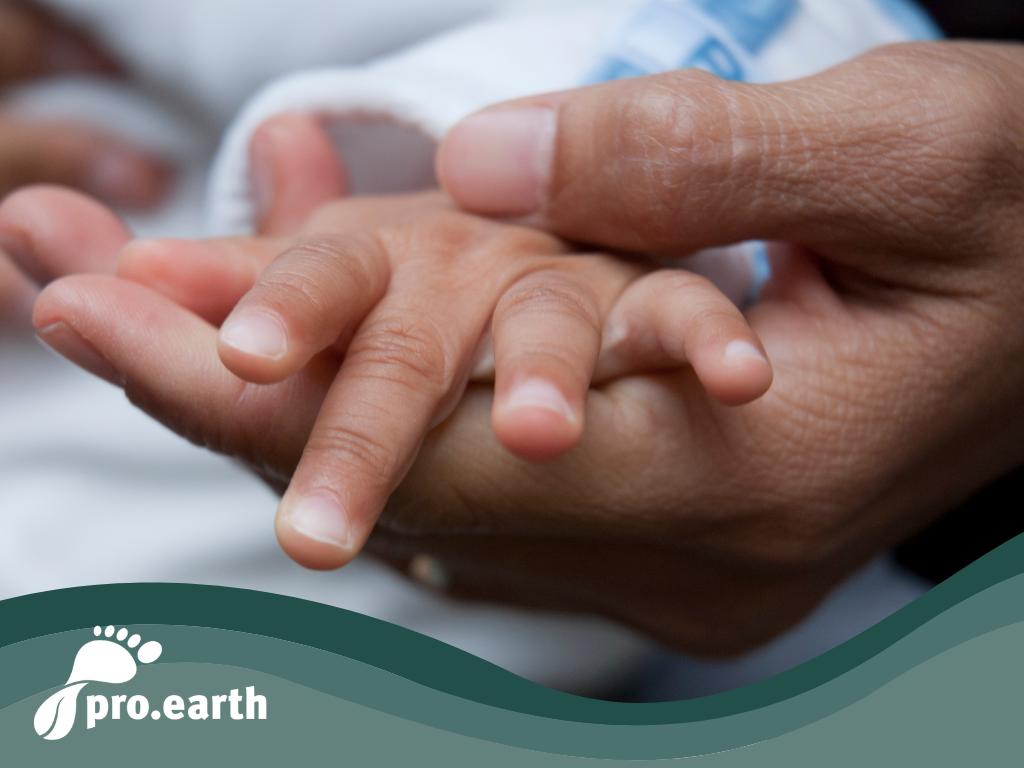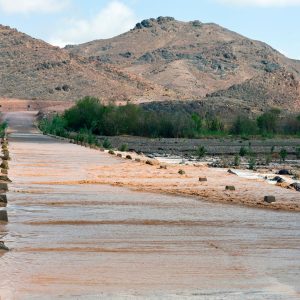What does climate justice actually mean?

Well, the effects of global warming are hitting everywhere - but are those who will suffer the most also the ones responsible?
10% of the highest-income households are responsible for 34-44% of consumption-related greenhouse gas emissions.
It is possible to lead a prosperous life while keeping CO2 consumption low. Social justice is also a motivator for society as a whole to work together towards the goals that can lead us to a good future.
"Climate justice is crucial because those who have contributed least to climate change are disproportionately affected. Almost half of the world's population lives in regions that are particularly vulnerable to climate change. In the last ten years, the number of deaths from floods, droughts and storms has been 15 times higher in high-risk regions"
Aditi Mukherji, one of the 93 authors of this synthesis report
The governments of industrialized countries must assume the responsibility they pledged at COP 15 in 2019.
To date, the 100 billion US dollars a year agreed in the media to support the poorest countries in combating climate change have still not been raised.
"The greatest prosperity gains could be achieved by prioritizing climate risk reduction for low-income and marginalized communities, including people in informal settlements. Accelerating climate action will only be possible if financial resources are increased many times over. Inadequate and unbalanced funding hinders progress."
Christopher Trisos, one of the authors of the report
pro.earth conclusion:
Climate, ecosystems and society are interlinked. The individual crises can no longer be played off against each other. What can save us are synergetic measures - and only those.
https://news.pro.earth/2023/03/23/es-ist-ernst-aber-nicht-hoffnungslos/






